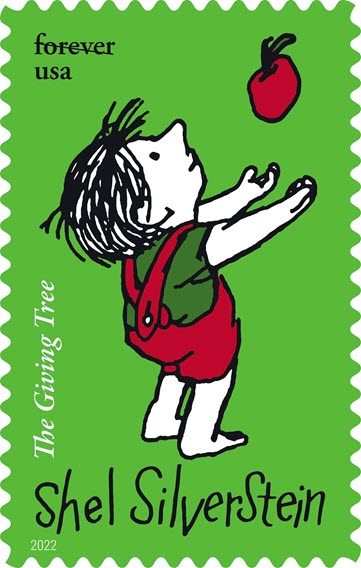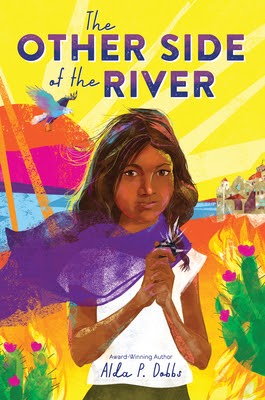Anne Enright, Kate Grenville and Isabella Hammad are among the writers longlisted for this year’s Women’s prize for fiction.
Debut novelists make up half of the 16-strong longlist. Booker-shortlisted British author Chetna Maroo has made the list for her first novel Western Lane, which explores grief, sisterhood and sport, while American writer Maya Binyam was chosen for Hangman, about a man who returns to his unnamed home nation to find his dying brother.
Quick Guide
Women’s prize for fiction longlist 2024
Show
Hangman by Maya Binyam (One)
In Defence of the Act by Effie Black (époque press)
And Then She Fell by Alicia Elliott (Allen & Unwin)
The Wren, The Wren by Anne Enright (Jonathan Cape)
The Maiden by Kate Foster (Mantle)
Brotherless Night by VV Ganeshananthan (Viking)
Restless Dolly Maunder by Kate Grenville (Canongate)
Enter Ghost by Isabella Hammad (Jonathan Cape)
Soldier Sailor by Claire Kilroy (Faber & Faber)
8 Lives of a Century-Old
Trickster by Mirinae Lee (Virago)
The Blue, Beautiful World by Karen Lord (Gollancz)
Western Lane by Chetna Maroo (Picador)
Nightbloom by Peace Adzo Medie (Oneworld)
Ordinary Human Failings by Megan Nolan (Jonathan Cape)
River East, River West by Aube Rey Lescure (Duckworth)
A Trace of Sun by Pam Williams (Legend Press)
“Each one of these books is brilliant, original and utterly unputdownable,” said judging chair and author Monica Ali. “Collectively, they offer a wide array of compelling narratives from around the world, written with verve, wit, passion and compassion.”
Three Irish authors appear on this year’s list: Enright, Megan Nolan and Claire Kilroy. Enright, who has been shortlisted for the prize twice, was longlisted a fifth time for The Wren, The Wren, while Nolan has made the list for her second novel, Ordinary Human Failings, about the family of a child accused of murder. Kilroy was longlisted for Soldier Sailor, which judge and actor Indira Varma said is a “beautiful and harrowing novel about what it can feel like to be a first-time mother”.
British-Palestinian writer Hammad was longlisted for Enter Ghost, which is about a production of Hamlet in the West Bank. Ali said the book is “deeply nuanced and subtle” and “would have been as relevant a decade ago, or even two decades ago, as it is now.” Enter Ghost was one of several books on the list, along with Hangman, Nightbloom by Peace Adzo Medie and River East, River West by Aube Rey Lescure, dealing with “issues of migration and immigration”, said Ali. “Which I guess is not that surprising, given that it’s one of the most pressing and debated issues of our time.”
Ali and Varma were joined on the judging panel by author Ayọ̀bámi Adébáyọ̀, author and illustrator Laura Dockrill, and presenter and author Anna Whitehouse. “I’ve never been in a book club, ever,” said Ali. “So this is, for me, like being in a book club for the first time, talking about books with a group of really smart women.”
Grenville, who won the Women’s prize – then called the Orange prize – in 2001 for The Idea of Perfection, has this time been longlisted for Restless Dolly Maunder. “It begins in the 1880s in rural Australia, and it follows Dolly’s ambitions to live a bigger life than the one she’s been given,” said Varma.
after newsletter promotion
VV Ganeshananthan, who was longlisted for the prize in 2009 for Love Marriage, has been chosen this year for Brotherless Night, which is set during the Sri Lankan civil war. “Visceral, historical, emotional. It is 300 pages of must-read prose,” said Whitehouse.
Completing the longlist are In Defence of the Act by Effie Black, And Then She Fell by Alicia Elliott, The Maiden by Kate Foster, 8 Lives of a Century-Old Trickster by Mirinae Lee, The Blue, Beautiful World by Karen Lord and A Trace of Sun by Pam Williams.
A shortlist of six titles will be announced on 24 April, and the winner will be announced on 13 June, along with the winner of the inaugural Women’s prize for non-fiction. The winning author will receive a cheque for £30,000 and a bronze statuette known as the “Bessie”, created by the artist Grizel Niven.
Recent winners of the prize include Ruth Ozeki for The Book of Form & Emptiness, Susanna Clarke for Piranesi and Maggie O’Farrell for Hamnet. Last year, Barbara Kingsolver won the prize for Demon Copperhead, which also won the Pulitzer prize for fiction.

